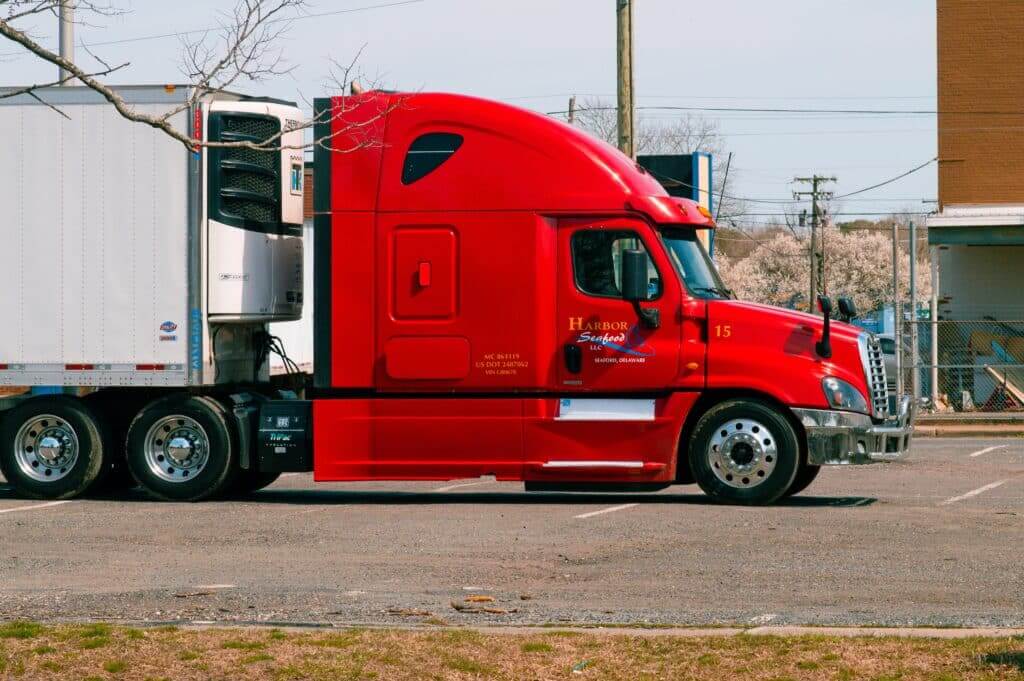
$
0
Billion
Recovered in Verdicts and Settlements
TRUCK ACCIDENT LAWYERS
Table of Contents
Toggle
There are many laws and regulations that truckers and trucking companies must follow to ensure safety on American roads. However, not everyone plays by the rules, and unfortunately, truck accidents happen every day — often with catastrophic results.
Your injuries could be life-altering if you’ve been involved in such an accident. Our truck crash attorneys at Nix Patterson will review your case for free to determine if there is a potential claim, but as part of that process, it might help to have a basic understanding of the rules and regulations that truckers must abide by. While this article is meant to be informative, it should not be taken as legal advice for any particular case. For legal advice, please call today.
FMCSA rules cover all commercial trucks. This includes tractor-trailers, tanker trucks, and any other commercial vehicles. The rules overall address the following areas:
The FMCSA has strict rules about how truckers can drive in a given period. These are called hours-of-service regulations. The regulations vary depending on whether the truck carries goods or passengers:
Unfortunately, there are many truck accidents where drivers exceed their hour-of-service limits, often to meet a company mandated delivery time. Nix Patterson truck accident attorneys always investigate crashes to determine if driver fatigue was a factor.
The FMCSA has detailed rules for alcohol and drug testing for commercial truck drivers. The rules are laid out in 49 CFR Part 40. If the trucking company does not follow the alcohol and drug testing regulations, it can be penalized. Drug and alcohol tests are usually administered during hiring, after a truck accident, and randomly during the year. The FMCSA requires trucking companies to test for the following substances:
490 CFR 396.11 states that every tractor-trailer driver must report safety inspections on trucks they drive at the end of their shift. Every safety report has to pinpoint any issues that could make the truck dangerous to drive the next day. In addition, the report should include any defects or broken parts that must be repaired.
If a defective or broken part led to your truck accident, Nix Patterson will investigate the issue and fight for compensation.
The federal government sets the rules and regulations above to keep the roads safe. If a truck driver fails to follow any of the regulations noted above and causes an accident, there can be horrific injuries and damages. Common causes of truck accidents that these laws are meant to reduce include:
Our lawyers will immediately request records from the company to preserve the accident evidence and evidence of any of the above. We know to pursue this documentation and data immediately so the company cannot destroy incriminating electronic or paper evidence.
Truck drivers and companies must adhere to the rules to keep American roads safe. Unfortunately, however, frequent accidents involve truckers breaking the rules. These violations are the most common:
These are the most common FMCSA commercial vehicle violations that may lead to serious truck accidents:
If you were in a truck accident and the driver was responsible, Nix Patterson will determine if they did not comply with trucking rules and regulations. After the investigation, you could receive compensation for medical bills, lost earnings, and pain and suffering. Contact us today for a complimentary legal consultation about your truck accident case.
Nix Patterson only works on a contingency fee basis. Our clients pay us nothing unless we win. Schedule a free consultation today. Call 512.328.5333 or complete the form below.
"*" indicates required fields
